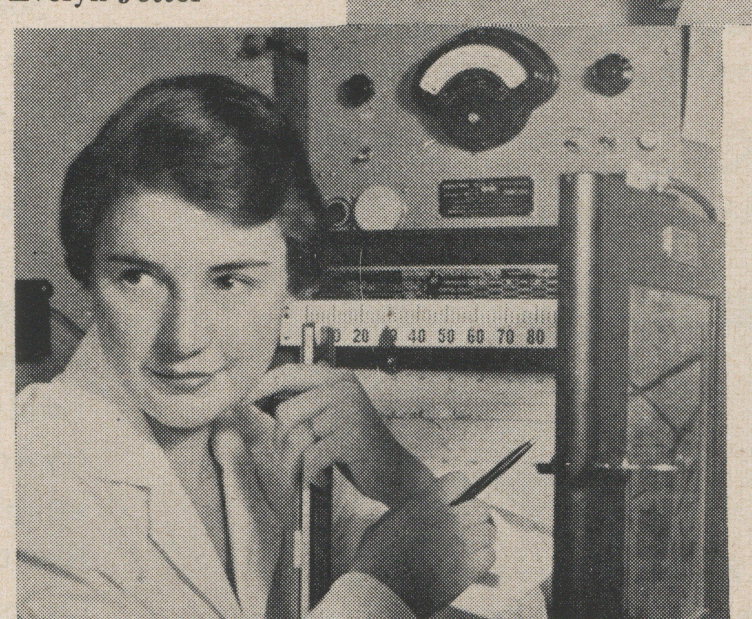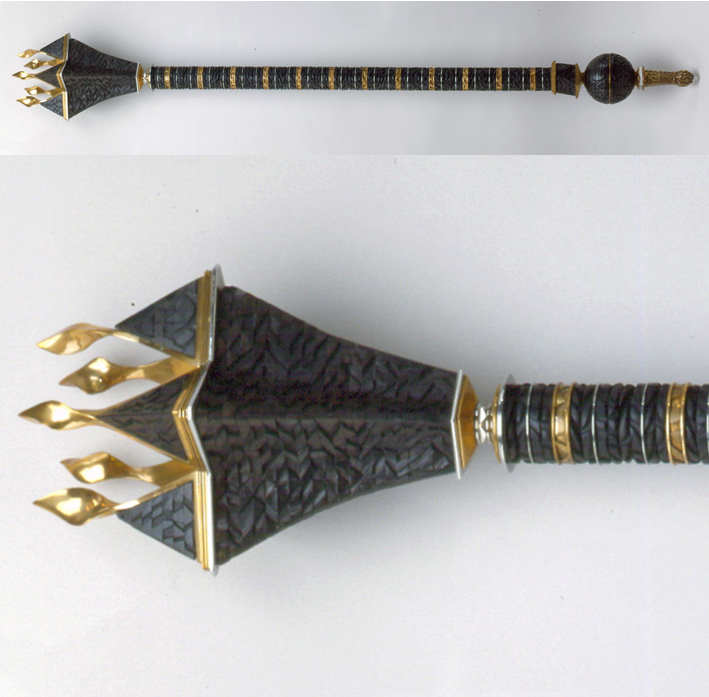Alexis Jetter discusses her long-running project, a memoir unraveling the life and death of her mother Evelyn Jetter, a physicist, engineer, and in 1950 a founder of the Society of Women Engineers. After writing a master’s thesis and article in the 1980s that explored whether her mother’s death at age 52 was caused by her work with radiation at the Atomic Energy Commission and other companies — from the 1940s through 1970s — Alexis felt a growing desire to better understand Evelyn’s career in relation to her private life. Alexis describes her experience growing up in mid-century America among the founding members of SWE, brilliant women who found a way to enmesh their professional lives as engineers with their personal lives as women and mothers. Alexis also decodes the symbiotic professional and personal relationship between Evelyn and SWE’s founding president, Beatrice Hicks, who hired Evelyn as a consultant when she left the workforce for 12 years to raise her four children, an act emblematic of the “sisterhood” that SWE engendered in its early years. Alexis Jetter is a journalist and lecturer at Dartmouth College.
Related Collections
American Society of Women Engineers and Architects Records
Society of Women Engineers Records
Society of Women Engineers Publications
Profiles of SWE Pioneers Oral History Project
SWE Grassroots Oral History Project
SWE StoryCorps Oral Histories
…oral history transcripts
Related Resources
Jetter, E. (1986, June 29). “Did radiation kill Evelyn Jetter: A daughter’s inquiry,” The Newsday Magazine
Society of Women Engineers
Episode Credits
Producers: Dan Golodner and Troy Eller English
Host: Dan Golodner
Interviewee: Alexis Jetter
Sound: Troy Eller English
With support from the Reuther Podcast Collective: Bart Bealmear, Elizabeth Clemens, Meghan Courtney, Troy Eller English, Dan Golodner, and Paul Neirink
Podcast: Play in new window | Download | Embed
Subscribe: Apple Podcasts | Spotify | Android | Podchaser | RSS | More


